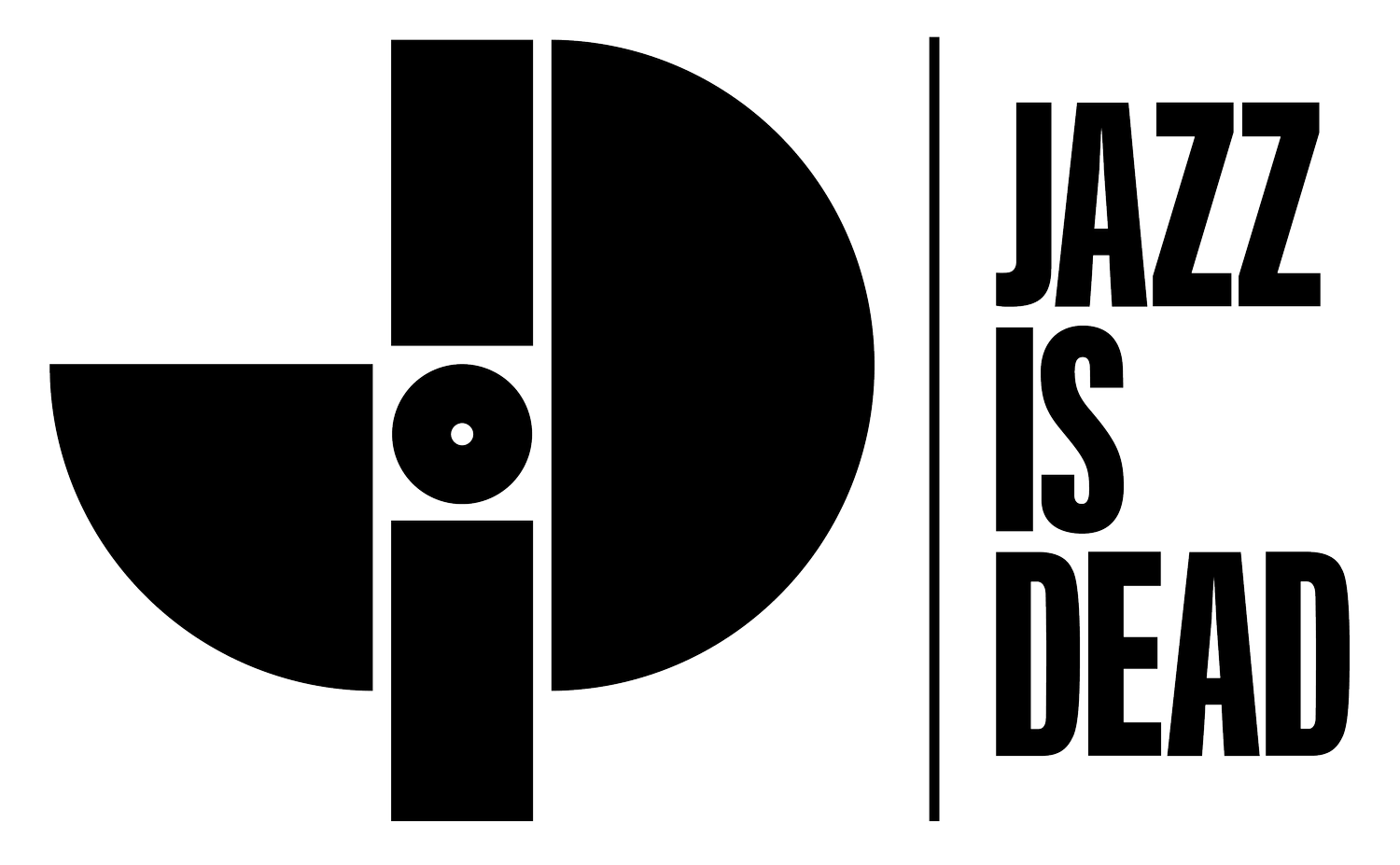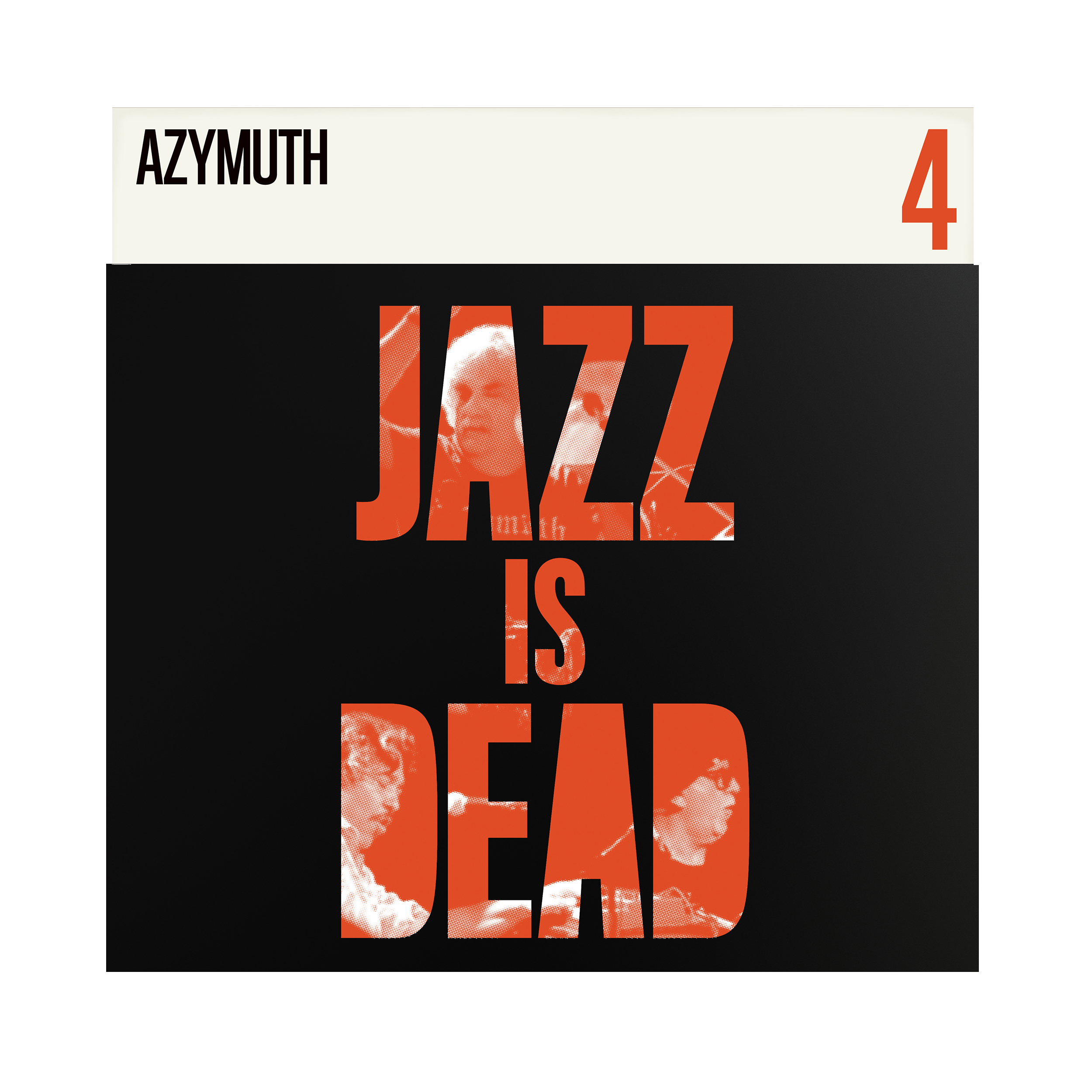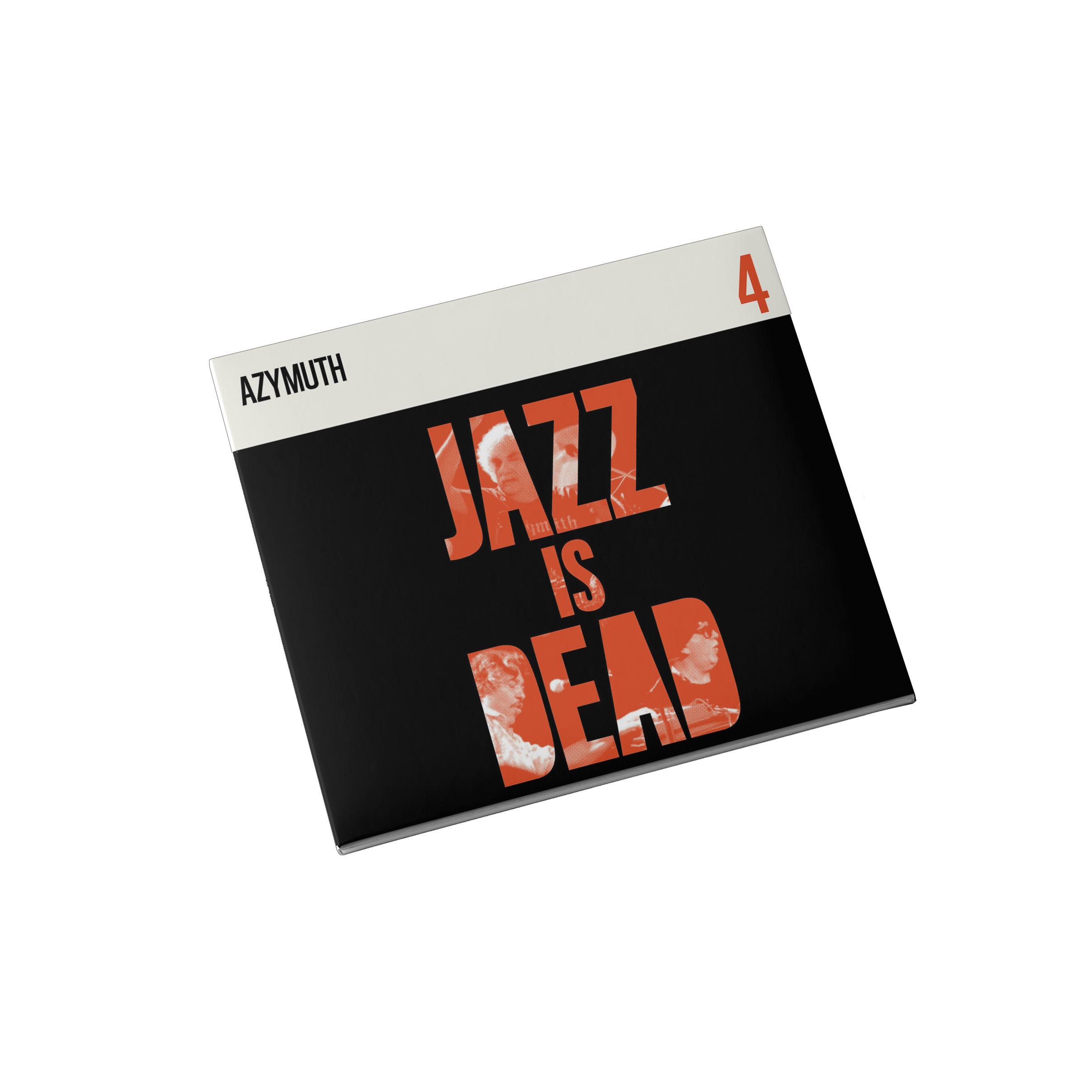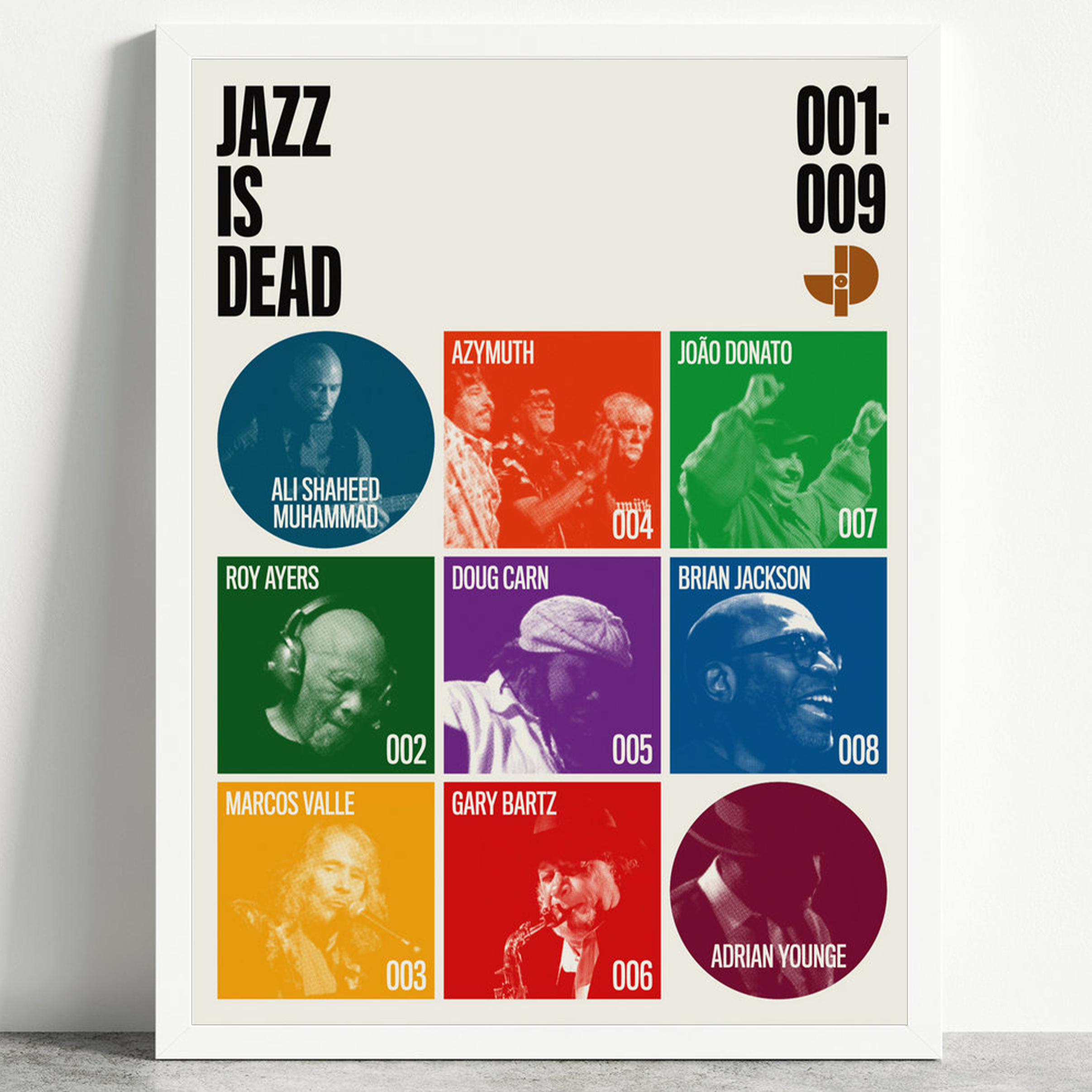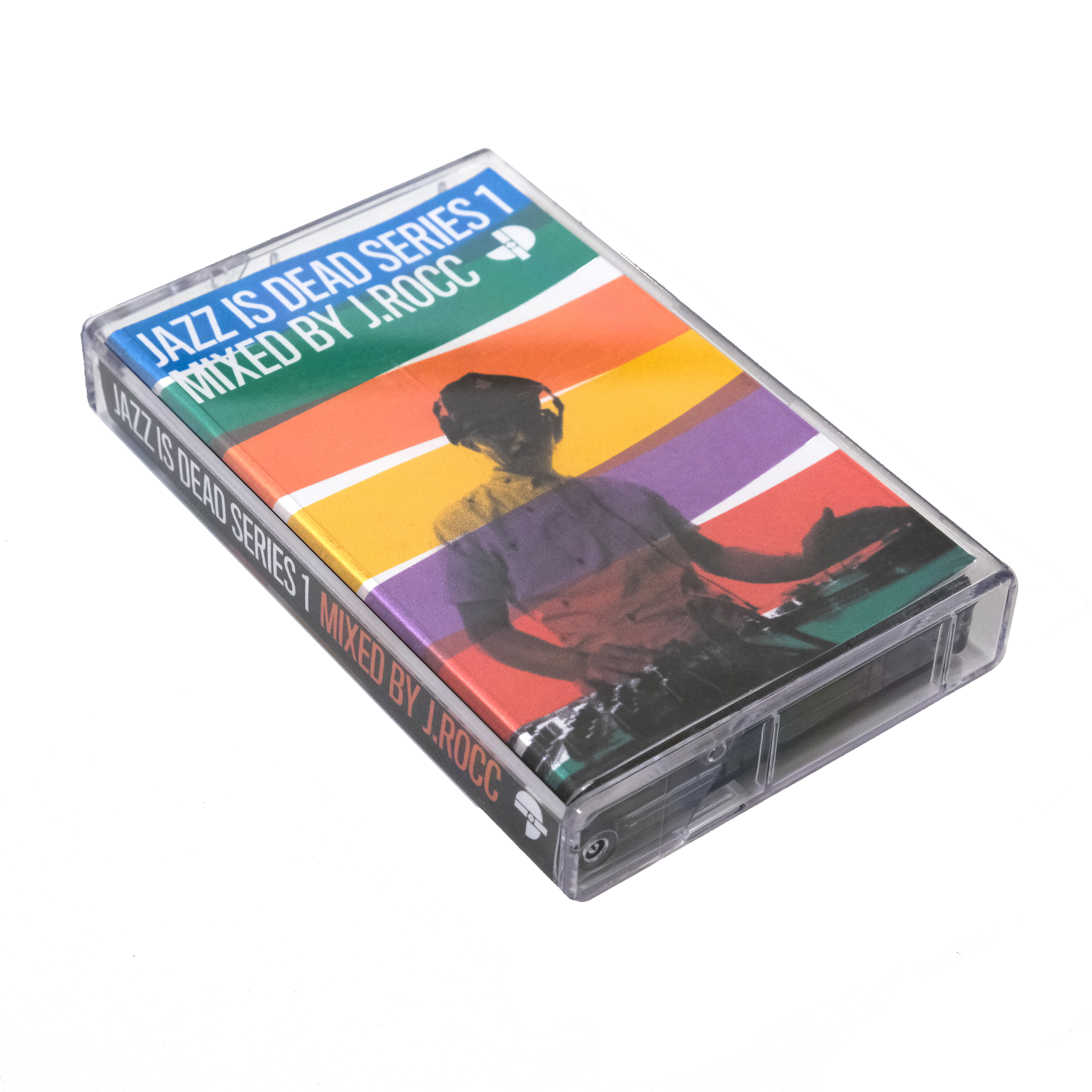AZYMUTH
The instrumental trio Azymuth modernized the sound and style of Brazilian jazz with their electronic instruments, angular arrangements and ingenious synthesis of jazz, funk, rock and samba. After the passing of founding keyboard player José Roberto Bertrami in 2012, Alex Malheiros (bass) and Ivan “Mamão” Conti (drums) recruited synthesizer samurai Kiko Continentinho to the trio as it continued to build on their sound, now in their fifth decade of pushing the boundaries of their beloved samba.
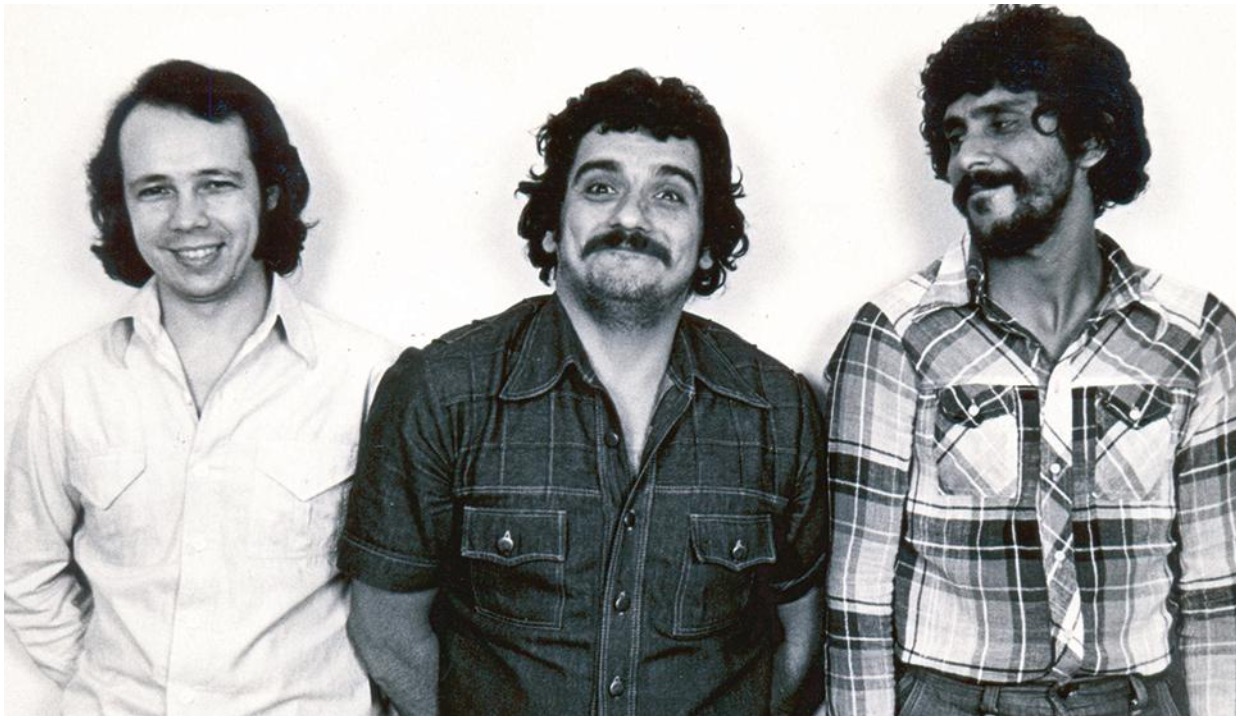
Between 1969 and 1973, these musicians all born the same year in 1946, started playing together as in-demand session players, sometimes just two of them and often all three of them on larger sessions. They quickly found that their musical chemistry produced a sound that was greater than the sum of their respective parts. At the root of their collaboration were their shared influences, namely American jazz and a mutual appreciation for the foundations of Brazilian music. As session musicians the trio’s telepathic tightness, subtle funkines and melodic mastery elevated Erasmo Carlos’ classic Sonhos E Memórias 1941-1972 (1972) and helped Marcos Valle deliver his finest album, Previsão Do Tempo (1973).
After a couple key song placements on popular telenovela soundtracks, they recorded their debut self-titled album, Azimüth in 1975 followed by Águia Não Come Mosca in 1977. That same year they made their debut on the international stage at the 11th annual Montreux festival, resulting in the trio getting signed with American record label Milestone for an enviable run of ten LPs and another backing the Brazilophile jazz vocalist Mark Murphy. Even while recording as a self-contained trio, they individually and collectively continued to contribute their singular skills to recordings of others. They provided the backdrop to an astounding number of classic records during the apex of Brazilian popular music from the early seventies through the mid-eighties. Their contributions to the discography of Jorge Ben, Tim Maia, Erasmo Carlos, Rita Lee and Hyldon are just the tip of the iceberg.
As a trio, Azymuth hit their stride in the eighties pioneering a modern, adventurous fusion of jazz, rock and funk all the while never losing the scent of samba. By the mid-nineties, just when it seemed like the band had lost their momentum, they received a much needed boost and acknowledgement from DJs, musicians and dancers in London as favorites of the thriving Acid Jazz scene that also helped to resuscitate the careers of fellow Brazilian musicians Marcos Valle and Joyce. Meanwhile, adventurous DJs and beatmakers, such as MF Doom, Flying Lotus and Roni Size found inspiration and novel sounds to repurpose from the trio’s classic recordings. In 2008, Ivan Conti joined forces with L.A. underground hip-hop royalty, Madlib for a collaborative album credited to Jackson Conti called Sujinho.
In 2016, Ivan Conti, Alex Malheiros and Kiko Continentinho released Fenix on the London-based label Far Out, proving without a doubt that the group had lost no steam after losing founding member José Roberto Bertrami. On this unique Jazz Is Dead recording with Adrian Younge and Ali Shaheed Muhammad, the trio once again demonstrates their ability to elevate their collaborators while also showcasing their distinctive sound, continuing to redraw the boundaries of Brazilian jazz, futuristic funk and their beloved samba.
